Aspiration
March 28, 2018Wind, shorn from the sky by glass
and concrete, whistles down the face
of the casino tower, flings the naked
branches of a sidewalk tree, and pours
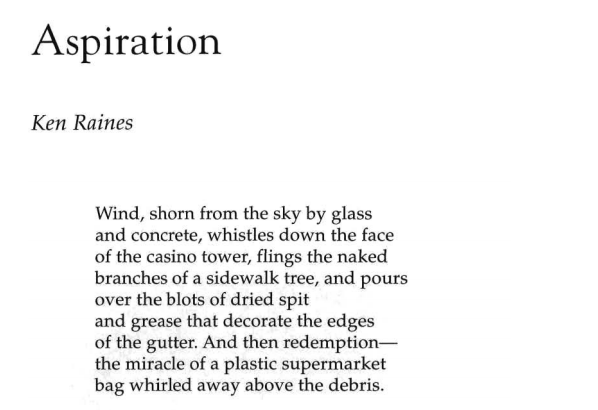
Wind, shorn from the sky by glass
and concrete, whistles down the face
of the casino tower, flings the naked
branches of a sidewalk tree, and pours
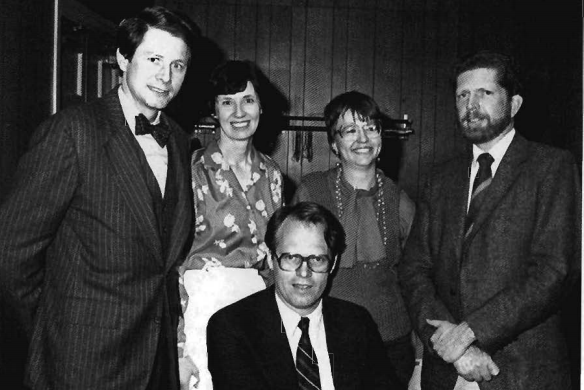
By 1982 Dialogue: A Journal of Mormon Thought had been publishing for sixteen years and had operated at both ends of the U.S. under three different editorships. It was born, flourished for several years, then…

In the winter after the martyrdom of her sons, Joseph and Hyrum, Lucy Mack Smith dictated a history of her family to Martha Jane Knowlton Coray, a sympathetic schoolteacher in Nauvoo. Two copies were made…
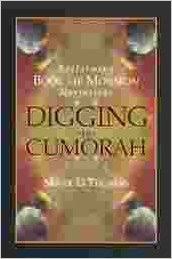
After decades of neglect by scholars, theologians, and even rank and-file Latter-day Saints, the Book of Mormon may be finally getting its due. Recently, several books have under scored the importance of this controversial work…
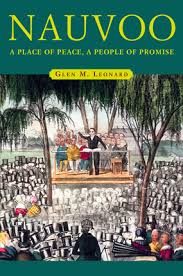
Glen Leonard’s long-awaited history of Nauvoo is friendly history at its finest. It gently questions some deeply held beliefs about the Saints’ tumultuous sojourn at the fringes of western Illinois. The writing is read able…
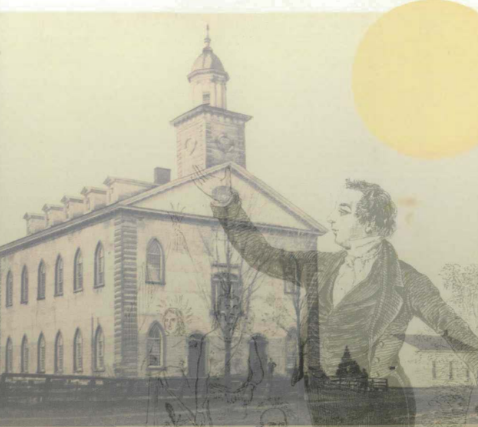
Americans may be on the eve of a preemptive attack on a foreign country, ostensibly to protect ourselves from potential future attacks. Our nemesis, Saddam Hussein, is known to be evil, having gassed his own…
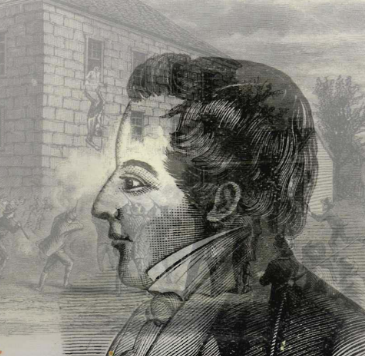
In April of 2001 I directed ten of my students in an hour-and-fifteen minute workshop production of the rough beginnings of a play I’d writ ten. I’d been immersed in research and writing for eight…

Recently, Latter-day Saint artists and writers in New York City have been searching for ways to recognize one another. I don’t mean recognize in the sense of honoring, but recognize as in encountering one another’s…

Over the course of some thirteen years I was involved in an intense “affair” with a woman other than my wife. My long-term affair with Fawn McKay Brodie, literary in nature, involved the research and…
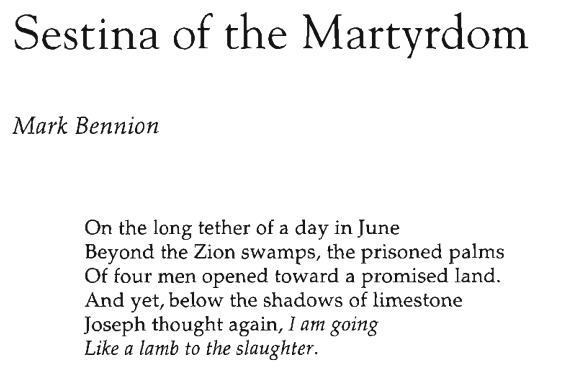
On the long tether of a day in June
Beyond the Zion swamps, the prisoned palms
Of four men opened toward a promised land.
And yet, below the shadows of limestone
Joseph thought again, I am going
Like a lamb to the slaughter.